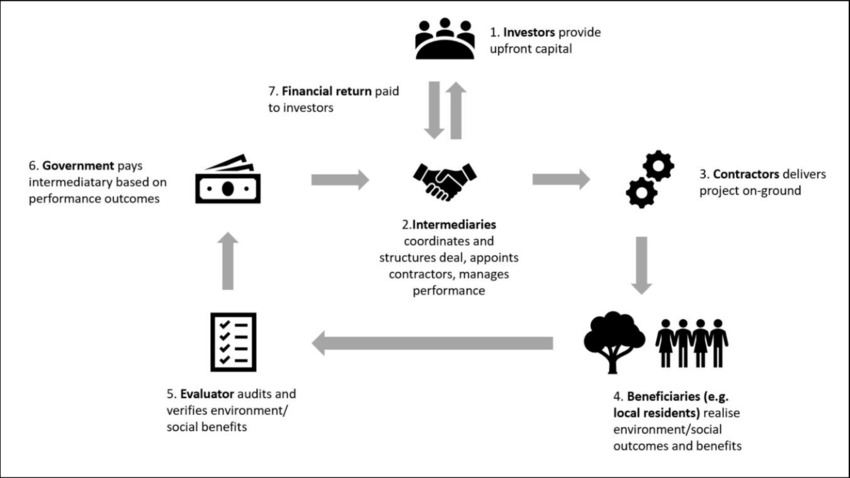The Environmental Management (Environmental Performance Bond) Regulations of 2024, introduced under Tanzania’s Environmental Management Act, provide a robust framework to ensure responsible environmental stewardship across numerous sectors. These regulations require developers to deposit an Environmental Performance Bond (EPB) as a financial guarantee for responsible project closure, site rehabilitation, and ecosystem restoration. By mandating these bonds, the regulations aim to secure compliance with environmental standards, promote sustainable practices, and mitigate potential adverse impacts from large-scale projects.
Under these regulations, developers across various sectors are required to prepare detailed decommissioning plans that address site-specific risks, impact assessments, and closure methodologies. These decommissioning plans must include clear strategies for ecosystem restoration, risk management, post-closure monitoring, and emergency closure if needed. Registered environmental experts are responsible for preparing these plans, ensuring they meet stringent environmental standards and align with the unique characteristics of each project. The National Environment Management Council (NEMC), along with the Project Decommissioning Committee, oversees the approval of these plans, conducts regular reassessments of the bond, and ensures that developers adhere to the guidelines throughout the project lifecycle.
The First Schedule of the EPB regulations outlines specific sectors and project types required to deposit an EPB. In the Agriculture, Forestry, and Fisheries sectors, large-scale agricultural developments, commercial forestry operations, and fisheries projects such as aquaculture and artificial farming fall under these guidelines. The Energy sector, covering oil and gas exploration, large renewable energy installations, and hydroelectric power plants, also faces EPB requirements to mitigate environmental risks inherent to these high-impact projects. The Manufacturing and Processing sector includes chemical plants, cement factories, textile industries, and food processing plants, all of which pose unique environmental challenges that must be managed responsibly.
Additionally, the Mining and Quarrying sector, encompassing large-scale mining operations and quarrying activities, must ensure the safe closure of sites and restoration of affected land areas. Infrastructure Development projects like highways, railways, and port facilities are also included, given their potential to disrupt natural ecosystems and local communities. For Waste Management projects, such as landfills, hazardous waste treatment, and incineration facilities, the EPB ensures that these facilities operate within strict environmental guidelines and address post-closure impacts effectively.
Other sectors specified in the First Schedule include Water Resources Development for large-scale irrigation and dam projects, and Tourism and Recreational Development, which covers environmentally sensitive projects like hotels near protected areas, golf courses, and theme parks. The Real Estate Development sector, specifically large housing estates and commercial complexes, is also subject to these regulations to safeguard urban ecosystems. Transportationprojects, such as airports and bus terminals, Telecommunications towers and data centers, and Health Facilitiesincluding hospitals and medical waste treatment facilities, all require careful environmental planning and EPBs to mitigate risks associated with their operations and closures.
The Environmental Performance Bond Regulations provide for confiscation of the bond in cases of non-compliance, ensuring that funds are available to restore affected environments should a developer fail to meet regulatory standards. Conversely, developers who adhere to approved decommissioning and monitoring protocols are eligible for a return of their bond, thereby incentivizing compliance and promoting long-term environmental responsibility. These regulations are designed not only to enforce environmental standards but to encourage industries to integrate sustainable practices from project inception through to closure, fostering a culture of environmental accountability across Tanzania’s industrial landscape.
At Tansheq, we recognize the importance of these regulations and are committed to helping businesses understand and meet these environmental requirements. Our team assists developers in preparing and implementing their decommissioning plans, conducting risk assessments, and ensuring compliance with the EPB regulations. By working together, we can build a more sustainable future for Tanzania, promoting economic growth while protecting the country’s natural resources and ecosystems for generations to come. For further guidance on how Tansheq can support your compliance with these regulations, please reach out to us through contacts in our website.

